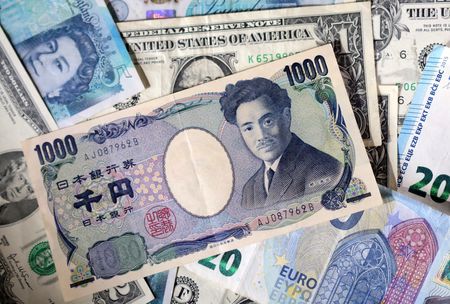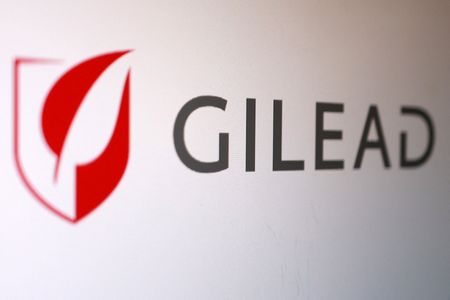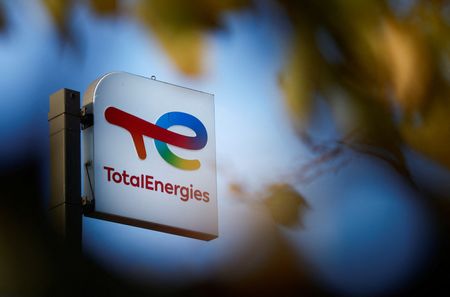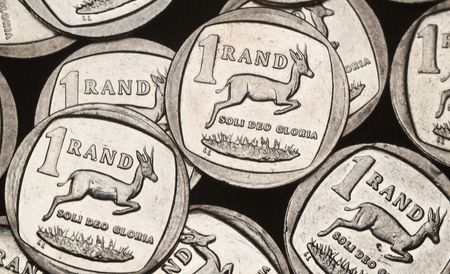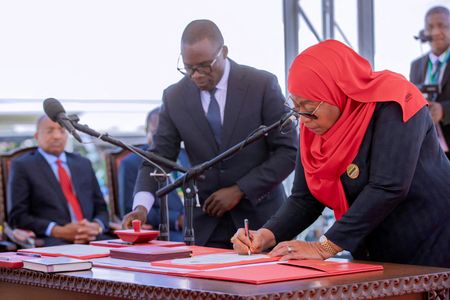BENGHAZI, Libya (Reuters) -Representatives from Libya’s two legislative chambers signed a deal for a “unified development programme” on Tuesday, the central bank said, in a step towards uniting the finances of the country’s rival administrations.
Libya, a significant oil producer, is divided between administrations in the west and east that have not had a unified budget in more than a decade.
The Central Bank of Libya did not give details of the programme, but development spending has historically been a major conduit for the billions of dollars in oil revenues the rival administrations have vied to control.
The bank said the agreement “establishes a clear framework for unifying spending channels and allocating funds for development projects,” adding it was “a proactive and necessary step to protect the macroeconomy from larger crises”.
The two chambers are the House of Representatives, or HoR, based in Benghazi in the east and the High State Council in Tripoli in the west, where the internationally recognised Government of National Unity, or GNU, is based.
The GNU, under Prime Minister Abdulhamid al-Dbeibah, was installed through a U.N.-backed process in 2021, but the HoR no longer recognises its legitimacy.
The HoR was elected in 2014, while the High State Council was formed as part of a 2015 political agreement and drawn from a parliament elected in 2012, the year after long-time ruler Muammar Gaddafi was killed during a NATO-backed uprising.
(Reporting by Ahmed Elumami and Ayman Al-Warfali; Writing by Alexander Dziadosz; Editing by Alex Richardson)



